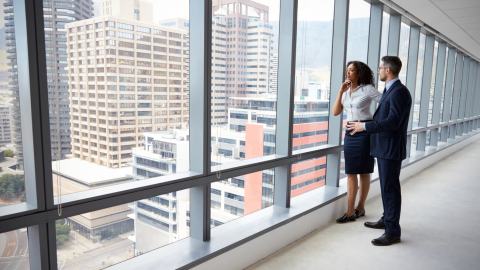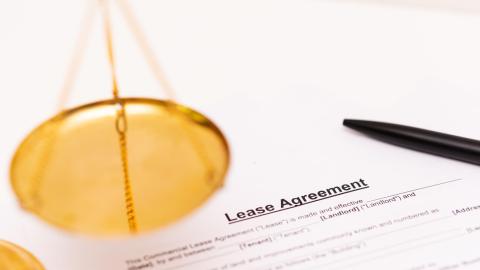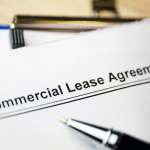Determining the Best Lease Term Length for Your Office Space
When looking for an office space for your startup or trying to find a new space that suits your company better, one of the first things to consider is the length of your lease, which is known as the lease term.
Typically, office leases run anywhere from three to 15 years, with smaller properties skewing toward the former and larger enterprises preferring the latter. In general, property owners prefer to secure tenants for longer terms. Therefore, as a company looking to lease an office, it’s important for you to know how to decide on an appropriate lease term and negotiate with your future landlord to obtain it. To that end, here are some pointers on what to consider when deciding on a commercial lease term:
Pick a Lease Term According to Your Company’s Size
One of the easiest ways to select a length of term is to factor in the amount of space the company needs.
Naturally, shorter lease terms often fit smaller companies or startups due to their flexibility. More precisely, if business doesn’t go well, you won’t be paying for the remainder of your lease. Alternatively, if your business outgrows its first office, you can then move into a space that fits it better when your lease ends. Or, if you find that the office that you leased for the short term still suits your company’s needs near the end of your lease term, you can simply stick with it and renew your lease (if your lease agreement allows it).
Conversely, shorter leases are also increasingly difficult to come by as square footages increase. Plus, constantly changing tenants pose logistical difficulties for landlords, and any downtime between short-term tenants means that landlords are losing money. As a result, longer leases can often save you and your landlord the stress of constant relocations — and may even result in you receiving concessions in lease rate or other clauses. But, longer leases also lack the flexibility of shorter leases.
So, if you want the best of both worlds, try to negotiate an initial trial period with your landlord. Beginning your lease with a trial period of one or two years could give your business the time it needs to stabilize, as well as allow you to evaluate your office space needs. Then, after the trial period ends, you could either sign a lease with a longer term with your current landlord or look to resize and find a new lease elsewhere.
How Market & Economic Conditions Affect Lease Terms
Macroeconomic trends have ripple effects in every market — and commercial real estate is no exception. For example, as lockdown measures were declared in 2020 to contain the spread of COVID-19, many companies had to either close operations completely or transition into a work-from-home model. To add to that, the ensuing recession reduced consumer spending and created difficulties in most industries. In this context, many office tenants found themselves with long-term leases that they were contractually obligated to pay — despite the fact that most of their workforce was telecommuting.
To compensate for market uncertainty, tenants may be attracted by shorter leases with more flexible clauses during economic downturns. This is especially true for smaller companies that may need more leeway as the situation changes. Moreover, landlords may also be more flexible in terms of favorable clauses and flexibility in leases, allowing you to negotiate options for an early lease termination or contraction in certain circumstances. In this case, cooperating with a tenant representative may give you an advantage in obtaining such lease clauses and reducing their associated costs.
At the same time, keep in mind that when economic conditions are bullish, lease rates are usually on the higher end, as well. So, signing a long-term lease amid good economic conditions could mean locking yourself into a very high lease rate over a long period of time. Alternatively, signing a long-term lease during an economic slowdown could mean getting a better lease rate that will stay low even after conditions improve. As always, weigh the risks and opportunities and decide what fits your company best.
Consider Your Need for Specialized Space
Notably, if your company requires specialized space that isn’t usually available in a run-of-the-mill office space, entering into a short-term lease might not be the most advantageous financial decision for you. This is because your occupied office space would need new buildups and upgrades, thereby significantly driving up overhead costs. In these types of scenarios, it may be wiser to sign a long-term lease and spread out improvement costs throughout several years, or negotiate for a tenant improvement allowance.
No two companies are exactly like each other. Keeping that in mind, your first priority should be collaborating with your future landlord and expressing your company’s needs and expectations as a starting point, then deciding together what lease terms would be the best. Working with a tenant broker can also help you in getting the best for your startup.











